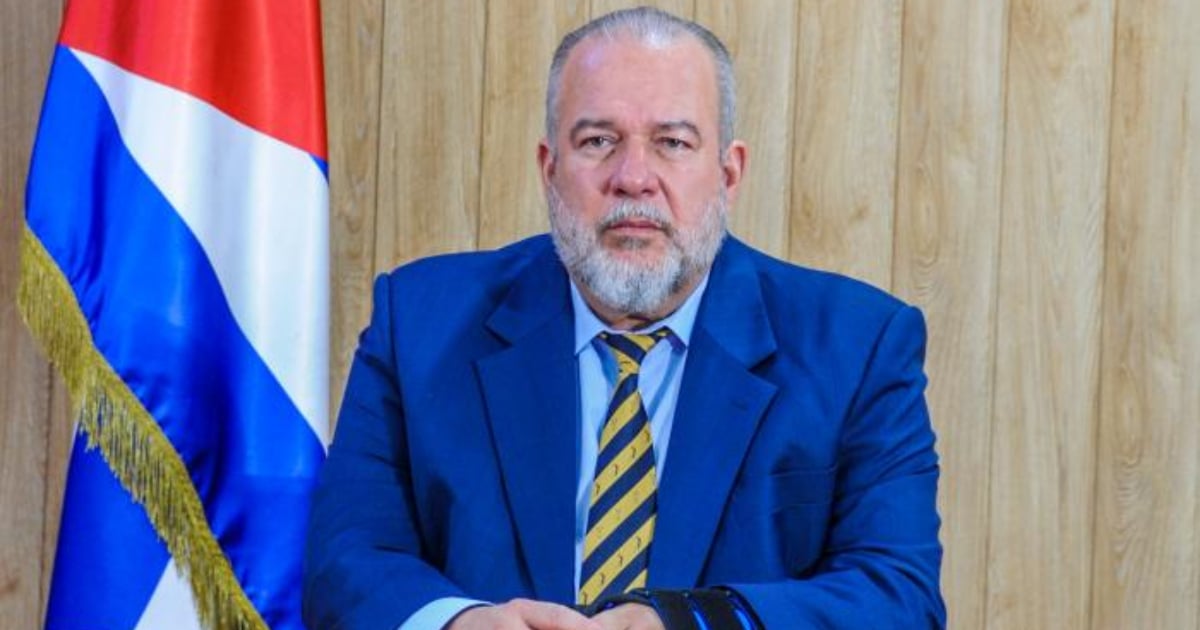
Related videos:
The Cuban government asserted on Wednesday that inflation is showing a slight slowdown, with the rate standing at 28% at the end of October 2024. However, experts have questioned this claim, stating that the island is rather experiencing "stagflation."
Prime Minister Manuel Marrero Cruz stated before the National Assembly of People's Power that while the figure remains high, it represents an improvement compared to previous levels.
He also pointed out that one of the country's main economic issues is the amount of money circulating outside the banking system, much of which is kept in cash under mattresses, which does not stimulate the economy. "Inflation is a problem we need to keep working on," emphasized the Prime Minister, adding that it shows a slight deceleration. By the end of October, it was recorded at 28%. "Even so, it remains high," he commented.
Although the government emphasizes that inflation continues to be a challenge, analysts do not seem as optimistic: Economist Pedro Monreal, known for his analyses of Cuba's economic situation, openly questioned the regime's official statements.
Through his Twitter account, Monreal argued that what the Cuban government presents as a slowdown in inflation is part of a narrative that overlooks the severity of the economic crisis the country is experiencing.
According to the academic, Cuba is currently experiencing what is known as "stagflation," a situation characterized by economic stagnation accompanied by high inflation, which has eroded the purchasing power of the population. In this context, inflation in October 2024 was 28%, while food prices increased by 33.3%.
Monreal also emphasized that the Cuban economy has experienced a decline in four of the last six years, which contradicts the government's claims of an "economic revival."
The decline in Gross Domestic Product (GDP) in 2024, which remains below 2019 levels, along with a budget deficit consistently between 10% and 12% of GDP, reinforces Monreal's view of the country's structural crisis. This deficit has been financed through monetary issuance, exacerbating inflationary issues.
The Cuban government has projected a 1% growth for 2025, based on the recovery of the tourism sector and improvements in exports and the electricity system. However, Monreal believes that these forecasts are unrealistic given the context of structural crisis and the lack of significant investment. Additionally, he warned about the contradiction between the "de-dollarization" of the economy and the coexistence of partial dollarization schemes.
Regarding the decline in real wages in Cuba, Monreal emphasized that the share of labor remuneration in GDP has dropped dramatically, from 46.3% in 2020 to 18.8% in 2023, highlighting the lack of improvements in the population's standard of living despite government promises.
Increasingly discredited, the regime issues projections that are met with caution, as they rely on external factors such as the recovery of tourism and improvements in exports, within a context where structural difficulties remain unresolved.
Frequently Asked Questions About the Economic Situation in Cuba and Inflation
Is it true that inflation in Cuba is decreasing?
Although the Cuban government claims that inflation has decreased to 28% by the end of October 2024, experts are questioning this assertion. Pedro Monreal, a prominent economist, argues that the country is experiencing stagflation, a combination of economic stagnation and high inflation, which contradicts the official narrative.
What is stagflation and how does it affect Cuba in 2024?
Stagflation is an economic phenomenon that combines high inflation with stagnation or economic decline. In Cuba, by 2024, this situation is reflected in an annual inflation rate of 28% and economic contraction, complicating citizens' access to basic goods and services and deteriorating their quality of life.
Why is investment in tourism in Cuba criticized?
Investment in tourism is criticized for neglecting essential sectors such as healthcare and agriculture. The Cuban government has prioritized investment in the tourism sector, allocating nearly 40% of investments to activities related to this industry. Despite this investment, tourism has not met the expected targets, raising doubts about the sustainability of this policy in a context of economic crisis.
How does the economic policy of the Cuban regime impact the wellbeing of the population?
The economic policy of the Cuban regime has led to a significant deterioration of public services and a loss of purchasing power among workers. This policy, marked by strict fiscal austerity and disproportionate investment in tourism, has exacerbated social inequalities and worsened the living conditions of the Cuban population.
Filed under: